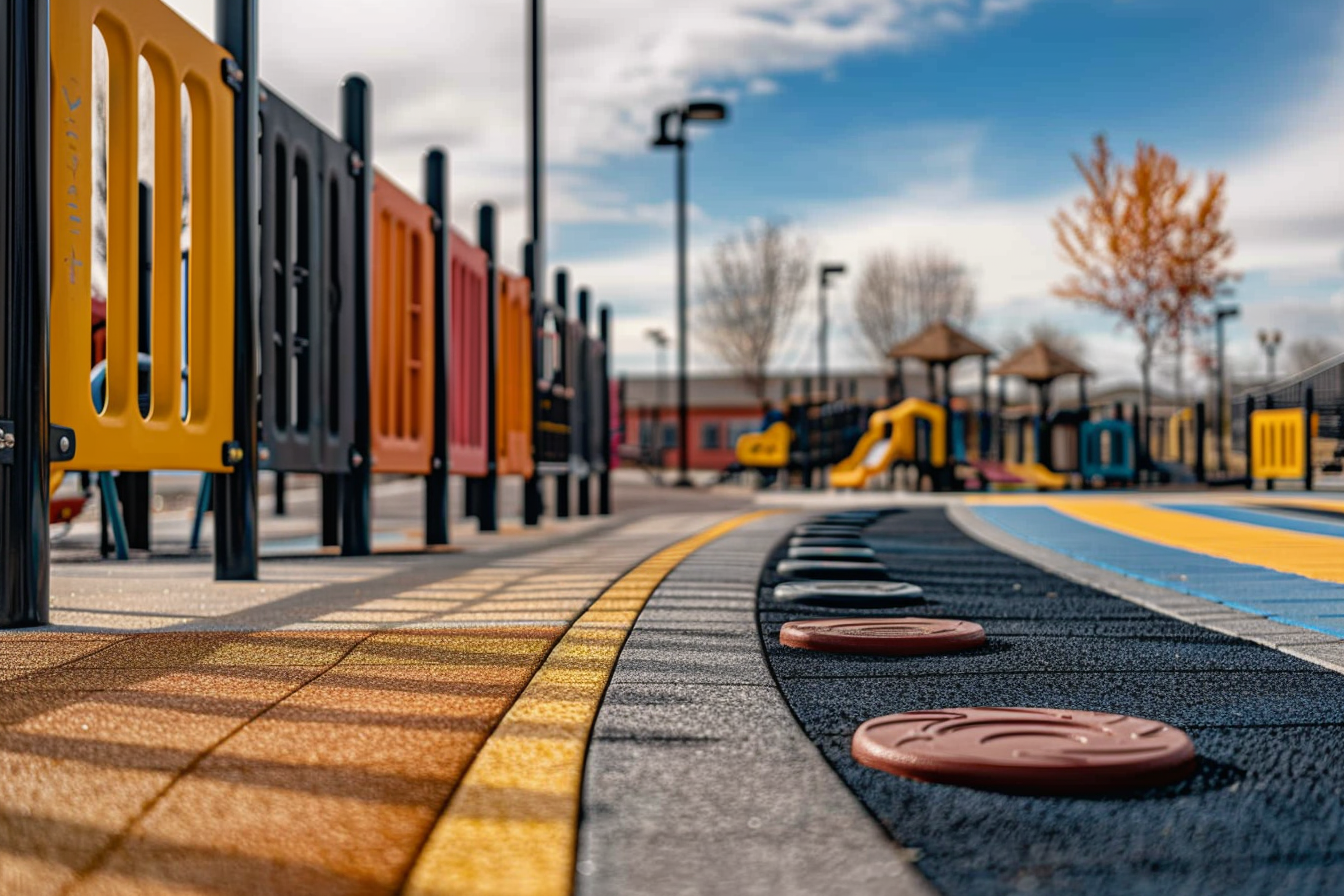Discover the mental, physical, and emotional benefits of outdoor play for children, the challenges they face, and how to make nature accessible to all.
Urbanization is transforming the way we live, and its impact is far-reaching. In Texas alone, 80% of the population is expected to reside in cities by 2035. As sprawling cities grow, children are increasingly disconnected from the outdoors—a trend with significant consequences for their physical, mental, and emotional health.
In response to this growing concern, initiatives like the Texas Children in Nature Network (TCiNN) are leading the charge to reconnect kids with nature. With over 900 partners, TCiNN has become a national model for promoting outdoor play and creating lasting connections between children and the natural world.
Here, Sarah Coles, TCiNN’s Executive Director, shares insights into why outdoor play is vital, what children lose without it, and how adults can help foster a love of nature.
The Benefits of Outdoor Play for Children
According to Coles, outdoor free play provides unparalleled opportunities for development:
- Physical Development: Climbing trees, balancing on logs, and navigating uneven terrain naturally enhance strength, motor skills, and balance.
- Cognitive and Emotional Benefits: Nature promotes problem-solving, reduces anxiety, and improves focus—particularly for children with ADD or other mental health challenges.
- Social Skills: Group play in nature encourages cooperation, leadership, and negotiation.
“Nature is our original classroom,” Coles explains. “It supports essential learning that can’t be replicated indoors.”
“Nature is our original classroom,” Coles explains. “It supports essential learning that can’t be replicated indoors.”
Even traditional playgrounds, which mimic natural features like trees and steep banks, reflect our innate need to connect with nature. Interestingly, many modern playgrounds are reverting to natural materials to better engage children.
What’s at Stake When Kids Lose Access to Nature
Children without regular outdoor play face developmental challenges. For example:
- Deficits in Depth Perception and Balance: Sedentary lifestyles are causing skills once developed through natural play to decline.
- Increased Reliance on Therapy: Occupational therapists are stepping in to address these gaps, often by reintroducing kids to natural environments as part of their treatment.
Coles emphasizes that unstructured outdoor play engages the body and mind in ways screens cannot. “It’s a type of learning that’s irreplaceable,” she says.
Breaking Barriers: How to Make Nature Accessible
1. Addressing Limited Green Space
In Texas, where 95% of land is privately owned, access to parks and natural areas is a major hurdle. TCiNN collaborates with cities and schools to repurpose riparian zones, library grounds, and underutilized spaces into accessible green areas. Initiatives like the “10-Minute Walk” aim to ensure every urban resident has a park within walking distance.
2. Finding Time for Nature
Deep play—where children become fully immersed in outdoor activities—requires about 45 minutes. While daily sessions aren’t always feasible, Coles suggests aiming for 17 minutes per day to reap basic health benefits like improved mood, reduced stress, and exposure to Vitamin D.
3. Offering Flexible Activities
Nature doesn’t have to mean remote forests or marathon hikes. “Start small and keep it fun,” Coles advises. Activities like short neighborhood walks or organized events through local museums and parks can help families ease into outdoor exploration.
Practical Tips for Adults Introducing Kids to Nature
- Start Simple: Avoid overwhelming children with lengthy or overly ambitious outdoor excursions.
- Find Resources: TCiNN offers daily prompts on social media and hosts events in collaboration with its partners.
- Experiment: Outdoor activities aren’t one-size-fits-all. Trial-and-error can help families discover what they enjoy most—whether it’s a walk, climbing trees, or simply reading under one.
“Consistency is key,” Coles says. “Even a little bit of time outdoors can make a big difference.”
Can Non-Texans Benefit from TCiNN Resources?
Yes! Although TCiNN is Texas-based, Coles invites individuals nationwide to access resources and connect with like-minded organizations in their regions. “I’m a professional matchmaker,” she laughs, noting her enthusiasm for fostering these connections.
Reconnecting children with nature is more than a trend—it’s a necessity. By understanding the benefits of outdoor play and addressing barriers to access, families and communities can help kids thrive in today’s urbanized world.


